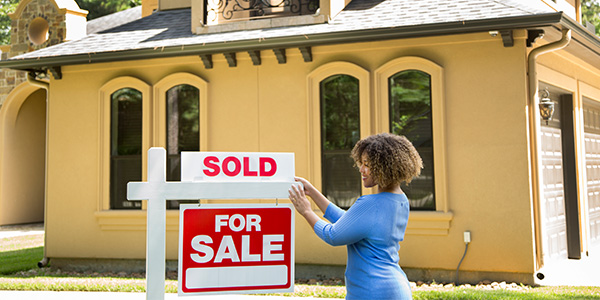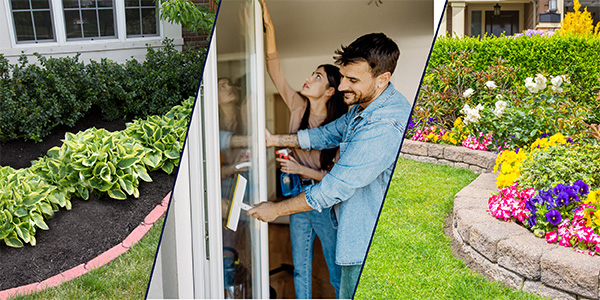Homeowners
Home Improvements That Can Boost Your Property Value
March 8, 2016
Home renovations should always be done with intent and purpose. While it can be fun to be impulsive and spruce up your living space on a whim, it is important to make sure your improvements will not only add to the value of your home but that they will do so in a way that is most cost-effective for you.
Whether certain changes add value can vary depending on the state you live in, as well as your neighborhood, but there are still some general rules of thumb to keep in mind when considering home renovations and improvements.
What Gives You Your Money's Worth
Every year, Remodeling, a home renovation magazine, releases a cost versus value report that tells consumers which home improvements will most increase their home's value relative to the actual cost of the improvement. In both 2014 and 2015, the most cost-effective improvement nationally was investing in a new front door, specifically one made of steel.
In 2014, a new steel front door added 96.6 percent of the door's cost to the home value, and in 2015 that number rose to a whopping 101.8 percent. Other notable home improvements from the report included siding replacement with fiber cement materials, which adds value at 84.3 percent of the improvement cost, followed by garage door replacement at 82.5 percent value added.
According to HGTV, making changes to your kitchen and bathroom are two almost guaranteed ways to increase your home's value.2 Even small changes like new wallpaper in the bathroom or adding stainless steel kitchen appliances and faux-wood finish to your cabinets could make a big difference.
HGTV also emphasized fresh coats of paint in any room are a surefire way to make them appear newer and cleaner.3 Other smaller updates that add value to a home include energy-efficient lighting and improved landscaping. Planting a tree is also a fantastic way to increase the visual appeal of your house. Once the tree is fully grown, it can also provide shade to your house and contribute to a surprisingly significant decrease in the cost of air conditioning.
Things to Watch Out For
MarketWatch warned while home renovations can indeed add value to your home, they can also increase your property taxes.4 After a home undergoes a significant renovation, it often has to be reassessed to determine if the value of the home has increased significantly enough that the owner should be paying more taxes on it.
Again, whether or not different improvements could increase your taxes can vary significantly based on where you live, but typically, MarketWatch said any renovation that increases living space and makes it possible for more people to live in the home is likely to raise your taxes. Examples include finishing an unfinished basement and adding a bathroom or bedroom.
Even small details of a renovation or addition can affect whether your property taxes are raised. MarketWatch used the example of adding a screened-in porch in Chicago. Doing so won't raise taxes unless you add HVAC because then it can be used year-round.
While renovations and improvements are a good thing, it is important to be cautious and make sure you are always getting the most for your money. Don't squander your savings on a room that will only result in you paying more in the long run. HGTV urged homeowners to make a detailed plan of everything they want to do and then speak with a realtor about which renovations will add the most value to a home in their neighborhood.
Renovating should be fun and exciting; just make sure you do it right.
Sources
1 HGTV
2 HGTV
3 MarketWatch





 Smart Moves Start Here.
Smart Moves Start Here.